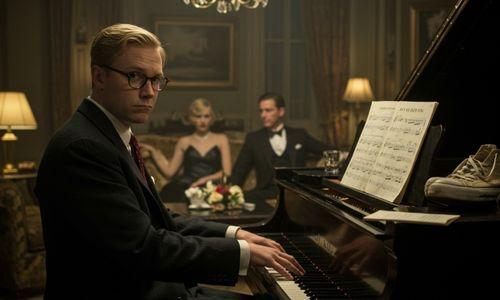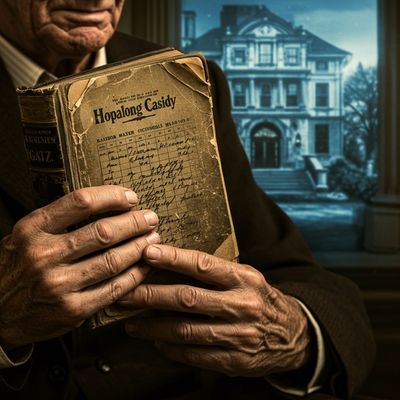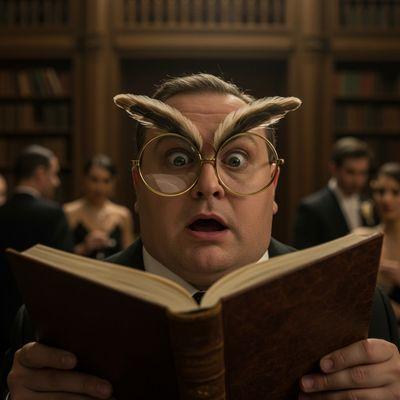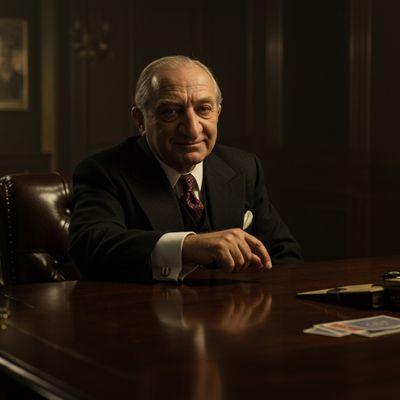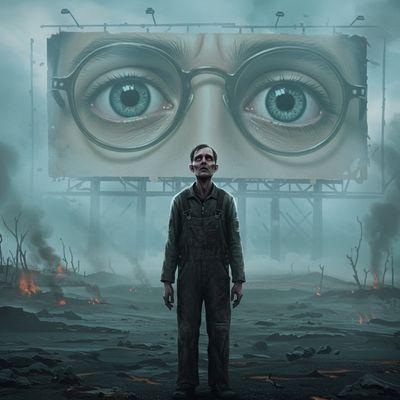Klipspringer Character Analysis: Why He Really Wanted His Shoes
In the grand, chaotic theater of Jay Gatsby’s mansion, amidst the “men and girls [who] came and went like moths,” one figure lingers long after the music stops: Ewing Klipspringer, known simply as “the boarder.” He’s a man who came to a party and seemingly never left. While often dismissed as a mere freeloader, Klipspringer […]
Klipspringer Character Analysis: Why He Really Wanted His Shoes Read More »
